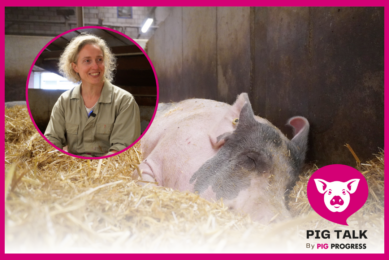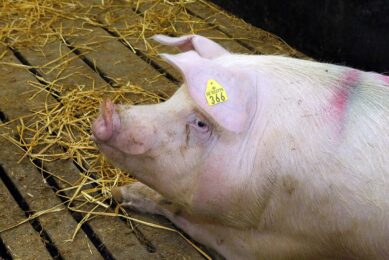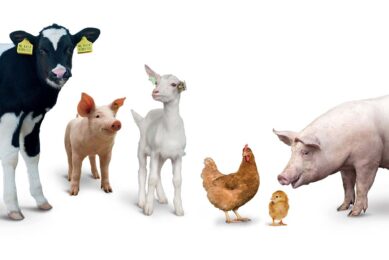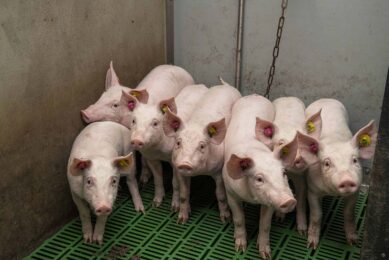Rising temperatures
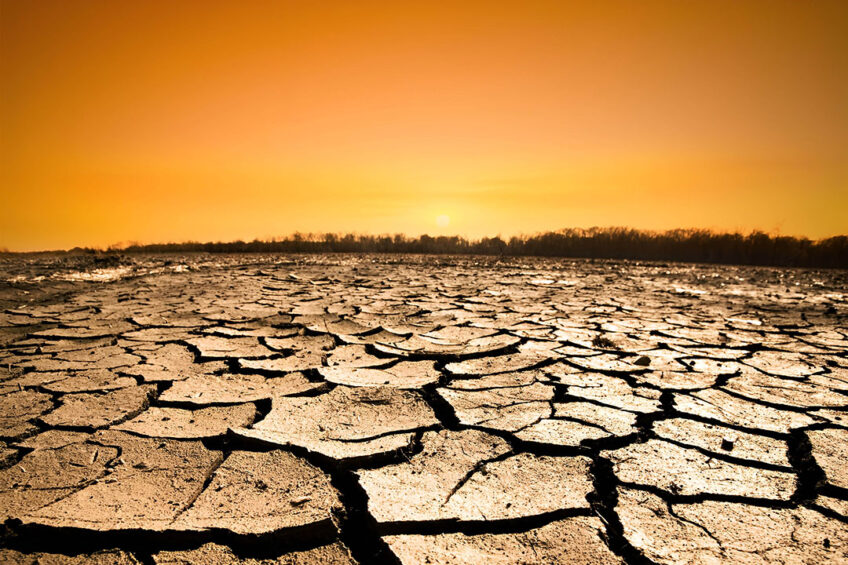
Recent data has shown that 2022 was the 5th hottest year in a row for the world, continuing the planet’s long-term warming trend. Scientists are saying that temperatures are set to rise even more in 2023 as La Niña comes to an end. What will this mean for livestock?
I attended a couple of events not too long ago, one focused on swine health and the other on poultry. During both events, the topic of heat stress was touched upon. Listening to the various presentations, it was clear that heat stress has a significant impact on livestock in many ways. It can negatively impact the health, growth and productivity of the animal, and it is not only restricted to hot and humid climates. Effects of global warming are being felt worldwide.
There are many ways to alleviate the negative consequences of heat stress, but it also important to recognise the symptoms before the effects become irreversible. This special section covers everything from using plant extracts, algae, yeast and other supplements to mitigate the effects of heat stress through to gene editing to make livestock more tolerant to heat.
The weather is one thing that cannot be controlled, but there are solutions available to effectively manage heat stress, ones that will suit the needs of both the farmer and the animals. Ensuring the health and welfare of their livestock, in turn maintaining their productivity and profitability.



